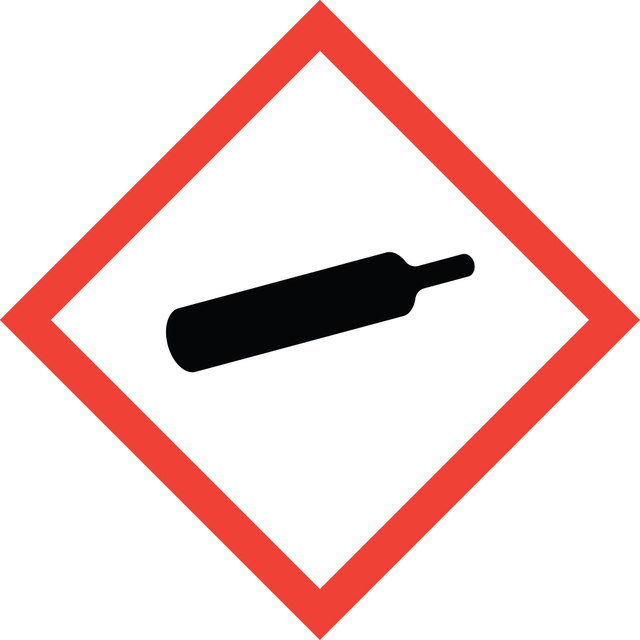Sign In to View Organizational & Contract Pricing.
Select a Size
About This Item
Linear Formula:
CH3CH=CH2
CAS Number:
Molecular Weight:
42.08
UNSPSC Code:
12352200
NACRES:
NA.22
PubChem Substance ID:
EC Number:
204-062-1
Beilstein/REAXYS Number:
1696878
MDL number:
Assay:
99.5%
Form:
gas
InChI key
QQONPFPTGQHPMA-UHFFFAOYSA-N
InChI
1S/C3H6/c1-3-2/h3H,1H2,2H3
SMILES string
CC=C
vapor density
1.48 (vs air)
vapor pressure
15.4 atm ( 37.7 °C)
description
Filling mass: 16g, Filling volume: 8L
assay
99.5%
form
gas
autoignition temp.
860 °F
expl. lim.
11.1 %
bp
−47.7 °C (lit.)
mp
−185 °C (lit.)
Quality Level
Looking for similar products? Visit Product Comparison Guide
Application
Propylene is a colourless, flammable, and liquefied gas that is heavier than air. It is used as feedstock for polypropylene and is a precursor for acetone, isopropanol, acrylonitrile among other organics. Gas is easy to handle in a small, light pressure can, while the disposable container allows for aluminium recycling when finished.
Other Notes
Z742374: CANgas pressure regulator
Z742379: CANgas plastic hose spout
Z742378: CANgas outer adaptor
Z742377: CANgas inner adaptor
Z742375: CANgas dosing valve
Z742379: CANgas plastic hose spout
Z742378: CANgas outer adaptor
Z742377: CANgas inner adaptor
Z742375: CANgas dosing valve
Legal Information
Messer is a registered trademark of Messer Group GmbH
signalword
Danger
hcodes
Hazard Classifications
Flam. Gas 1 - Press. Gas Liquefied gas
Storage Class
2A - Gases
wgk
nwg
flash_point_f
-162.4 °F - closed cup
flash_point_c
-108 °C - closed cup
Regulatory Information
新产品
This item has
Choose from one of the most recent versions:
Already Own This Product?
Find documentation for the products that you have recently purchased in the Document Library.
Avinash Kumar et al.
The journal of physical chemistry. A, 123(51), 10868-10884 (2019-11-27)
The photo-oxidation reactions of 2,2,2-trifluoroethyl methacrylate (TFEMA) initiated by OH radicals and Cl atoms were investigated via experimental as well as computational methodologies. The rate coefficients for these reactions were investigated using the relative rate technique (RR) at temperatures between
Our team of scientists has experience in all areas of research including Life Science, Material Science, Chemical Synthesis, Chromatography, Analytical and many others.
Contact Technical Service
